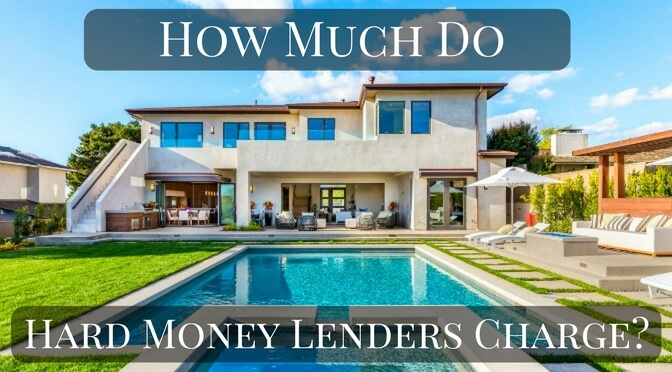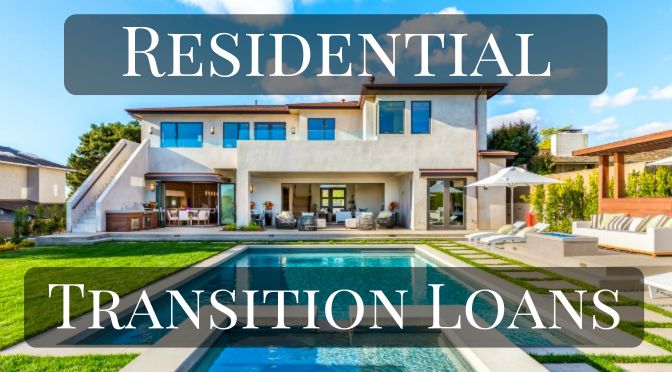
How Much Do Hard Money Lenders Charge?
Hard Money Loan Interest Rates
Hard money loan rates will vary from lender to lender and also vary based on the specific type of loan and terms requested by the borrower. Hard money lending rates (private money lending) in general are higher than interest rates available from conventional lenders such as credit unions or banks. Hard money lender rates typically range from 8-14%.
In order to find a hard money lender with competitive rates it may be necessary to obtain multiple quotes from different lenders. How much hard money lenders charge for interest is based on current market rates for private money loans as well as various other factors pertaining to the specific loan, borrower and property. Hard money loan rates do not typically move up and down closely with the federal funds rate.
Hard Money Loan Rates Will Vary
Hard money lending rates may fluctuate based on the requested loan to value (LTV). Loans with a higher loan to value ratio (LTV) generally will have a higher interest rate in order to compensate for the increased amount of risk for the lender. A hard money lender is more likely to offer better hard money loan interest rates for a lower LTV than for a high LTV loan.
A borrower with a strong financial standing with many assets may be able to qualify for a lower interest rate as the risk that this borrower will default on the loan is lower. A property in a less desirable or remote area may have a higher interest rate.
The reason hard money loan interest rates are higher is due to the higher risk the lender is taking on by providing financing for the loan. Full documentation of the borrower’s income and credit history are not always required for hard money loans, which can be seen as an increased risk factor. The higher interest rates for hard money is often considered as a convenience fee for quick access to capital that isn’t available elsewhere.
What are Points on a Hard Money Loan?
Hard money lenders typically charge points as a loan origination fee. Points often range from 2 to 5 depending on the type of loan and terms requested. How much hard money lenders charge for points will depend on various factors such as length of loan term needed, the difficulty involved in funding the specific loan as well as what competitors are charging for a similar hard money loan.
Points on a hard money loan are applied to the loan amount to determine the loan origination fee the borrower must pay. 2 points would be 2% of the loan amount. For example, 2 points on a $200,000 loan amount would result in a loan origination fee of $4,000.
Other Hard Money Loan Fees and Costs
Some hard money lenders only charge points and this includes all of their fees. Other hard money lenders will charge points and then also add other hard money loan fees and costs such as document fees, processing fees, administration fees or underwriting fees.
When receiving a quote from a hard money lender the borrower should ask if the points include all fees or if there are any other costs that will be added to the loan. Extra junk fees can significantly increase the cost of the loan for the borrower.
Hard Money Loan Closing Costs (3rd Party Fees)
Besides the loan origination fees paid to the hard money lender, there are additional closing costs for the hard money loan for which the borrower will be responsible. These are the standard real estate transaction costs which are required to properly close and record a loan transaction.
These 3rd party closing cost fees include the following:
- Escrow
- Title insurance
- Notary
- Recording
The exact costs of these fees will depend on various factors including the loan size, county where recorded and cost of services provided by the 3rd party.











